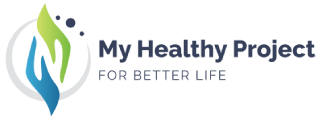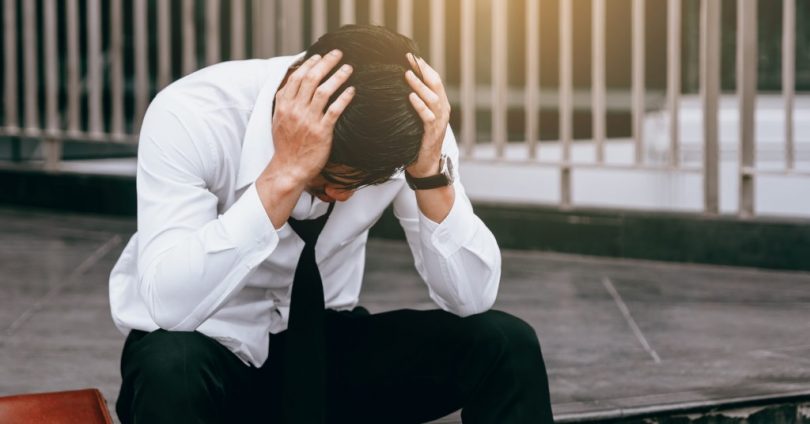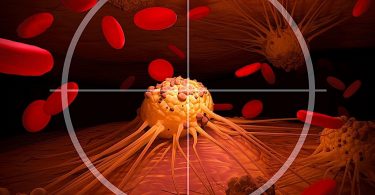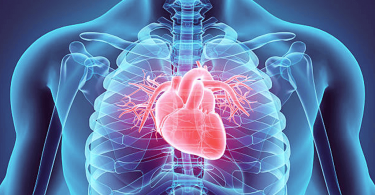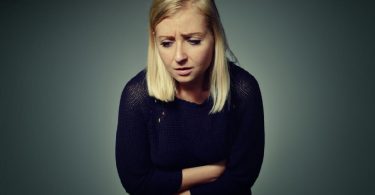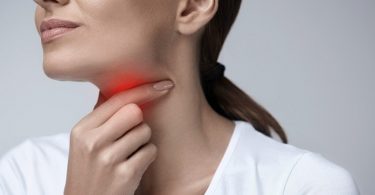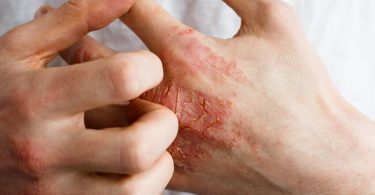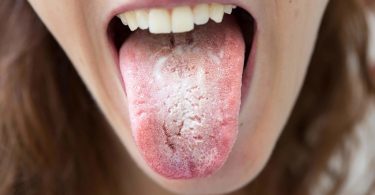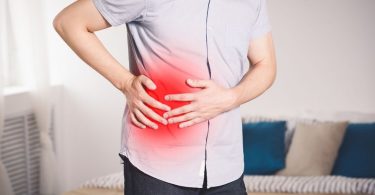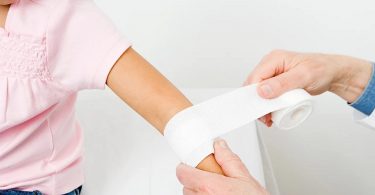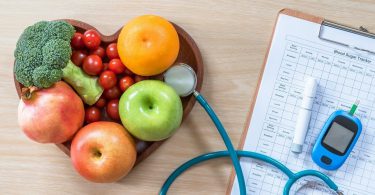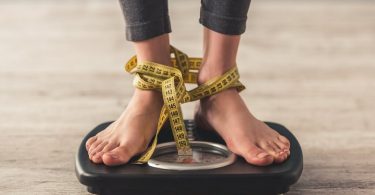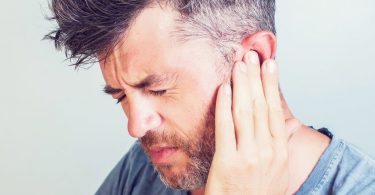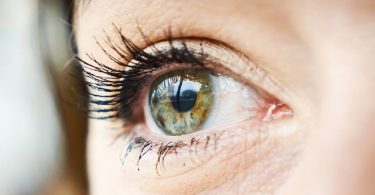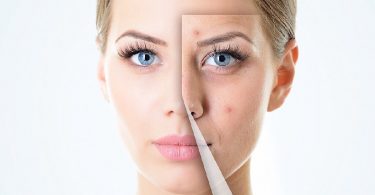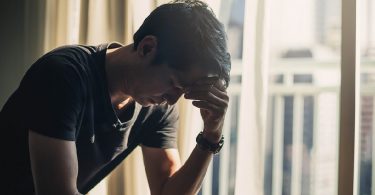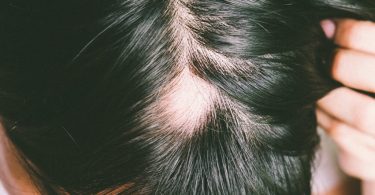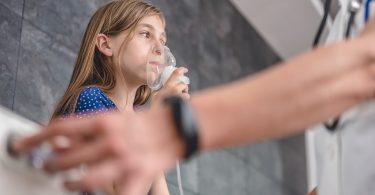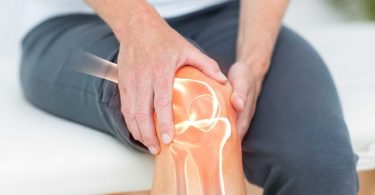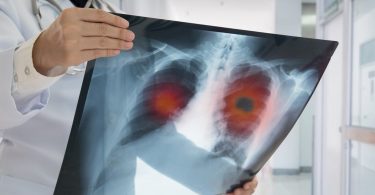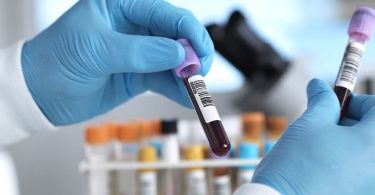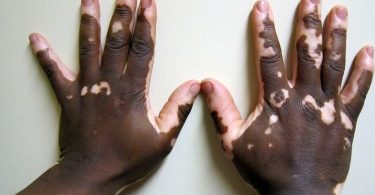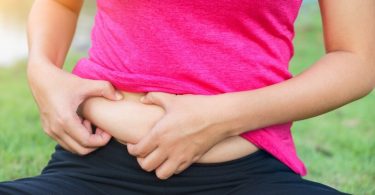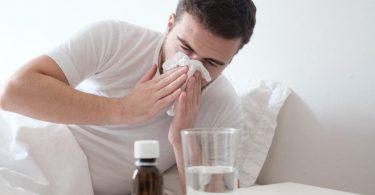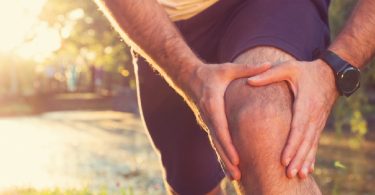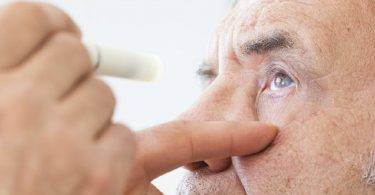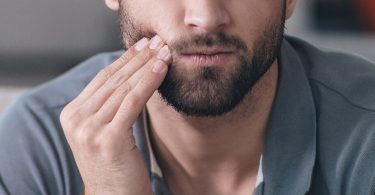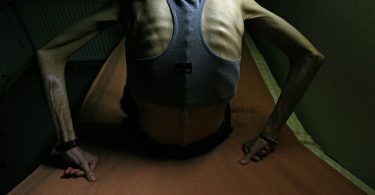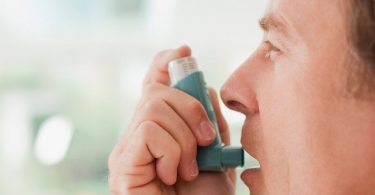The panic attack describes an uncontrollable anxiety attack that occurs suddenly so, in this article we will talk about : Panic attack symptoms, causes and treatment.
Contents
Panic attack definition
For the most part, the panic attack indicates a rise of intense anguish occurring suddenly.
It most often manifests itself without apparent threat and is well defined over time.
The person is seized with a feeling of intense fear and discomfort and the disorder which invades him cannot be controlled.
If the attacks repeat themselves and are associated with a fear of the appearance of other attacks for at least a month, it is more particularly a panic disorder.
The course of this disease is uncertain; however, it can cause chronic anxiety and depression.
This disorder can also lead the affected person to consume dangerous products (drugs, alcohol) on a regular basis.
Panic attack causes
Overall, this disease can appear after taking:
- toxic (alcohol, cocaine, amphetamines, etc.);
- drugs (corticosteroids, antidepressants, etc.).
It can occur following:
- organic pathologies (myocardial infarction, hyperthyroidism, etc.);
- psychiatric disorders (neurosis, etc.);
- specific situations (bereavement, accident, etc.).
Panic attack symptoms
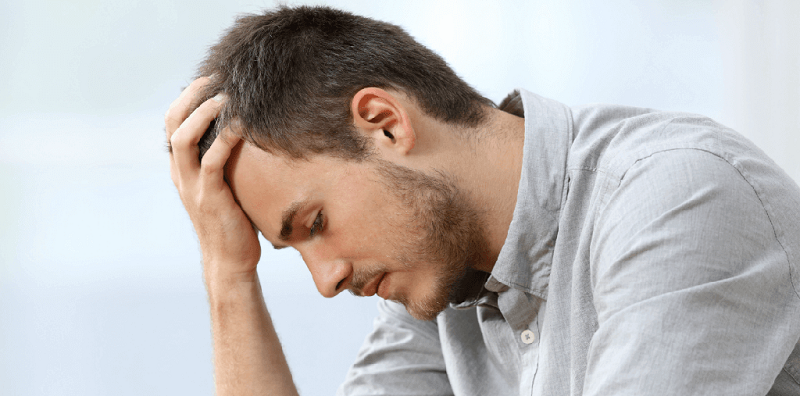
this disease begins suddenly, with no apparent trigger. Also, its manifestations are many and varied and can simulate a life-threatening emergency.
The crisis is evolving rapidly. It reaches its maximum in 10 minutes and can last a few hours. Then the symptoms gradually diminish.
Psychological signs of panic attack
The panic attack results in a state of great fear and dismay. Feeling of :
- imminent catastrophe,
- isolation,
- losing one’s identity,
- transformation of one’s body
- going mad, of pass away.
Physical signs of panic attack
Physical signs can be added to psychological signs:
- respiratory disorders (shortness of breath, feeling of suffocation);
- high voltage;
- dizziness;
- tremors;
- tingling in the extremities (hands or feet);
- palpitations;
- feeling hot and cold;
- cold sweats or excessive sweating;
- sometimes nausea, vomiting, diarrhea.
The person can present a state of intense agitation which can be accompanied by a risk of suicide or aggressiveness to others or, on the contrary, be prostrate.
The panic attack represents an emergency. So, it is necessary to call the doctor or the Samu.
Panic attack prevention councils
In order to prevent a new panic attack , it is necessary to follow some advice:
- learn to manage your stress, if it is one of the factors triggering the panic attack;
- favor relaxation with relaxation techniques and massages.
Exams
During the medical consultation, the practitioner proceeds to an interrogation in order to search for and identify the causes of the acute anxiety attacks . He can then set up a suitable treatment.
To rule out any other underlying pathology (heart disorder, asthma, etc.), certain examinations may be necessary. For example:
- electrocardiogram;
- biology report…
Panic attack treatment
The treatment of panic attack is an emergency for this reason, tranquilizers are usually prescribed. They are accompanied by an essential psychological care: the subject must be calm, it is necessary to play down the situation, to reassure…
When the attacks appear too frequently (panic disorder), the doctor may introduce antidepressants as a basic treatment.
Behavioral and cognitive therapy (fictitious situation and relaxation to desensitize anxiety) is sometimes judicious. Homeopathy and herbal medicine can be useful in addition to appropriate treatment for panic attacks .
Homeopathy
In case, panic attack starts, it may be useful to take 1 dose or 10 granules of Aconitum napellus 9 CH and Ignatia 9 CH.
Phytotherapy
As a rule, during this disease , it is possible to take SIPF extracts of fresh hawthorn plants or passionflower, half a teaspoonful in a little water morning and evening.
Read also:
Astigmatism: causes,symptoms and treatment
Asthma: causes, symptoms and treatment
